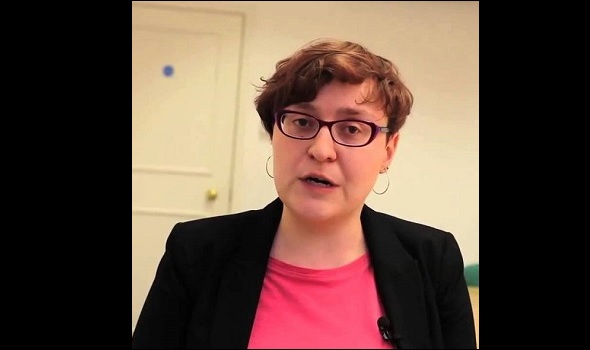Anthropologist on the move
Anthropologist on the move

For Dr. Natalia Paszkiewicz, London – where she initially came to do fieldwork for her Polish Masters in Anthropology in 2003 - represents freedom and liberation: “If London was a separate country, that would be where my loyalty would lie.
“I fell in love with London the first time I saw it,” she says.
But moving here from Poland, which she sees as a more religious and conservative country, wasn’t always easy.
The first few years in London were as difficult as for anyone who moves away, she recalls. At one point she had three jobs, and feels her biggest achievement was merely surviving. But she always knew, from her first visit in 1995, that London was where she wanted to be.
She says she lives life here to the full, as though she was going to die next week: “I’m just trying to do as much as possible.”
Work is her life, she admits. “Everything I do is work-related. I go to a lot of events and they are all related to politics or culture.”
And much of that work is about migrants and refugees.
Paszkiewicz describes herself as primarily an anthropologist, and has now been working with refugees for more than a decade. She is motivated by morality, solidarity and the concept of hospitality. In her second Masters’ degree in Refugee Studies, she focussed on Iranian asylum seekers in the UK and their lived experience of NASS (National Asylum Support Service). She spent over a year in Malta helping asylum-seekers, and her job with the London-based IARS International Institute continues to take her there and to Calais. The aim of the organisation is promote a safer, fairer and more inclusive society.
Her interest in refugees is not based on hand-wringing pathos: “I’m not going there with a tissue, like ‘Oh it’s so sad!’”, she explains. “It is indeed sad”, she adds, “but in a way that makes you angry, and at the same time when you talk to the people on the move, they’re just extremely interesting people who have amazing life experiences … it’s fascinating to see what people can go through and how strong they can be.
“The fact that I’m interested in difference comes down to curiosity … I haven’t lost it and it’s what keeps me going.”
London is an expensive city and her refugee friends often advise her to move the private sector: –“If you try to save someone who is drowning, you have to be able to swim yourself.” But she sticks with the NGO world because she believes it has a real impact on people.
She thinks her next move will be to head outside Europe and do similar work there: “I think that would give me a fuller understanding of the migration experience.”
One thing is clear though, wherever Natalia Paszkiewicz finds herself in the next phase of her life, we believe she will make a positive impact. As she herself remarked, “There is some integrity in everything I do”.


